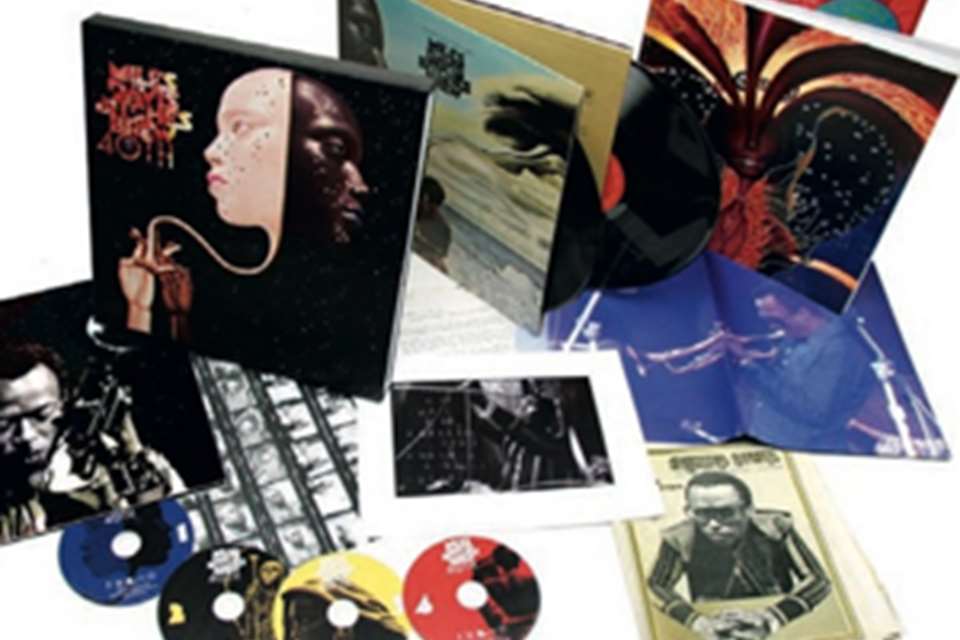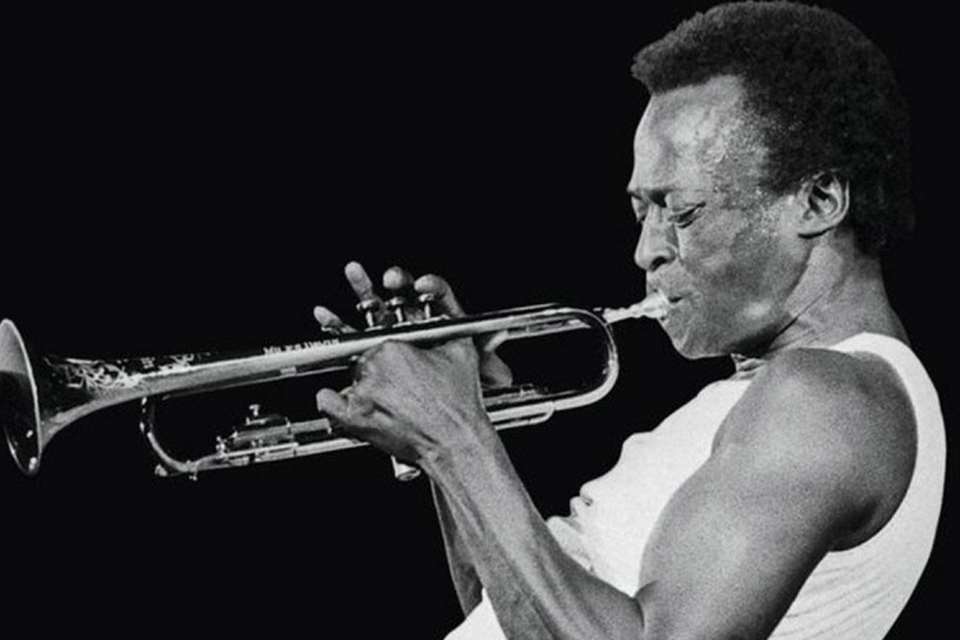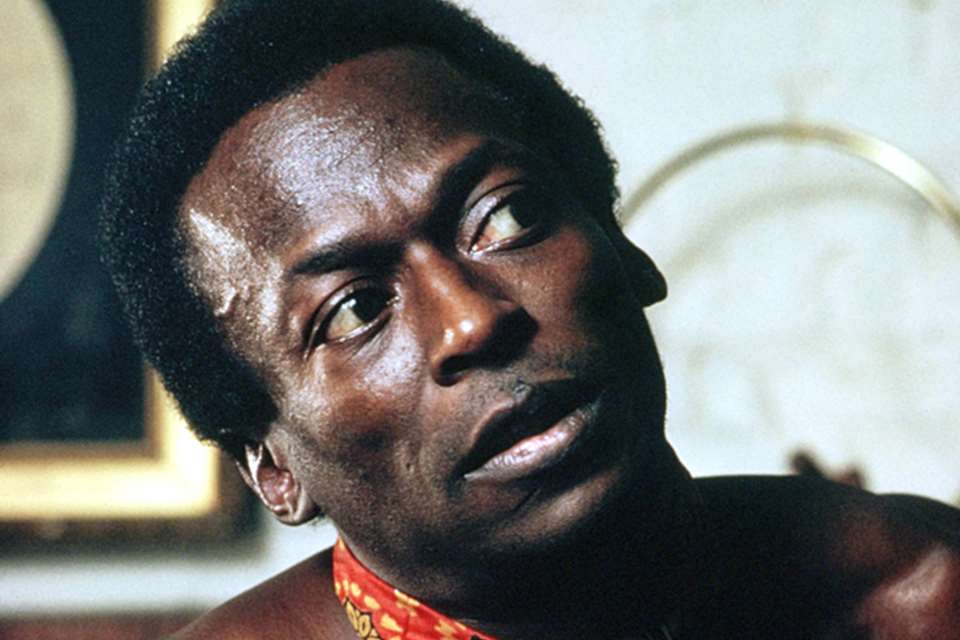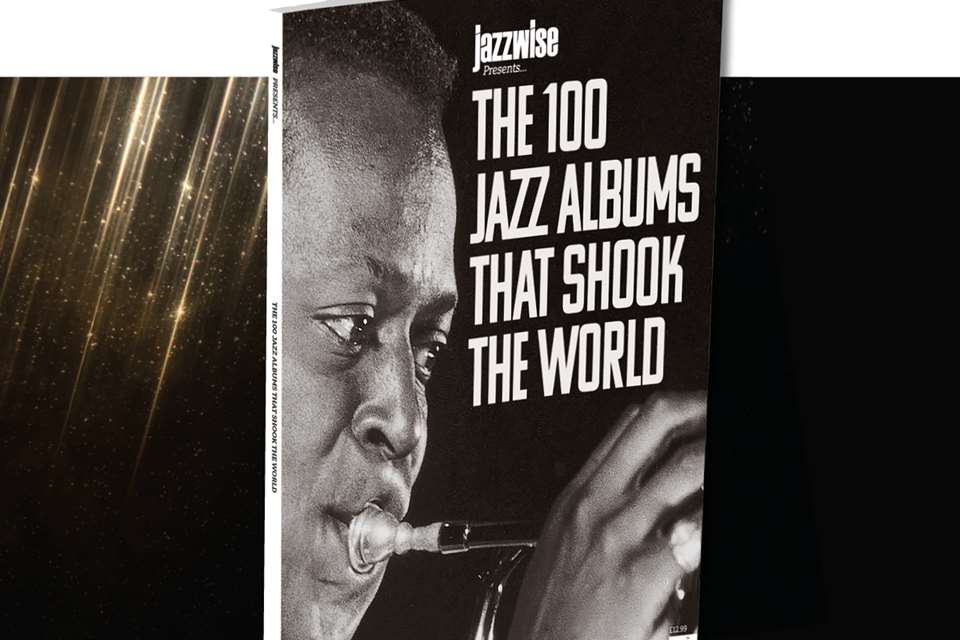Miles Davis’ Bitches Brew at 50: “Aphex Twin, Brian Eno, Portishead, Flying Lotus and Joni Mitchell have all cited the album as an influence, while Radiohead’s OK Computer was directly inspired by it”
Stuart Nicholson
Tuesday, February 25, 2020
Stuart Nicholson looks at the massive impact Miles Davis’ Bitches Brew has had on jazz, 50 years after its original release
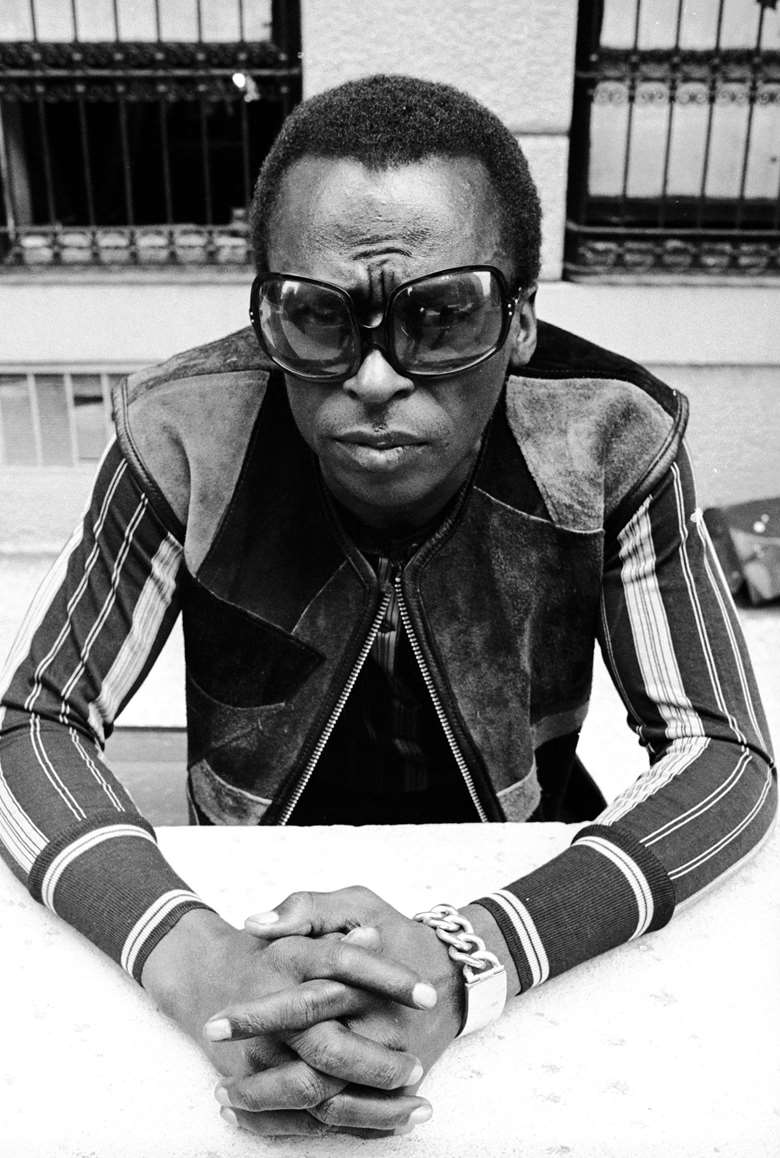

Register now to continue reading

Thank you for visiting Jazzwise.co.uk. Sign up for a free account today to enjoy the following benefits:
- Free access to 3 subscriber-only articles per month
- Unlimited access to our news, live reviews and artist pages
- Free email newsletter
